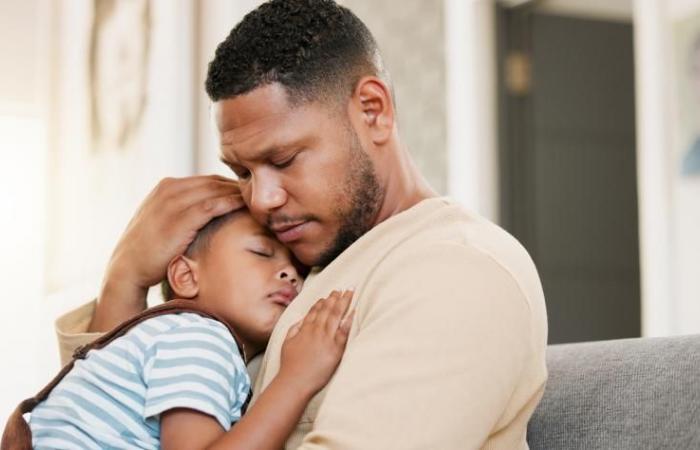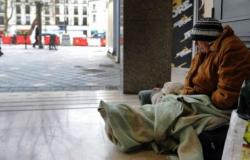A prospective cohort study conducted across five European countries found that respiratory syncytial virus (RSV) infection in children 5 years and younger is associated with significant symptom burden, healthcare use, and parental work absence. The findings were published yesterday in The Lancet Respiratory Medicine.
Though research has shown RSV infections in infants come with a high burden and hospital use, the virus has not been well-described in preschoolers, the authors said.
The study took place in primary care settings in Belgium, Italy, Spain, the Netherlands, and the United Kingdom during the RSV seasons of 2020-21, 2021-22, and 2022-23. Children presenting to primary care providers with acute respiratory symptoms were tested for RSV. If they tested positive and their parents consented, children were followed up for 30 days via a physician clinical report, and two parent-report questionnaires were given on days 14 and 30.
Average illness lasted 12 days
In total, among 3,414 tested children, 1,124 (32.9%) were positive for RSV. RSV illness lasted a mean of 11.7 days (95% confidence interval, 11.2 to 12.2). At day 14 and day 30, any remaining symptoms were reported in 56.1% and 36% of children, respectively.
Prescribed medication use varied, the authors said, from 25 of 96 children (26.0% in the UK) to 228 of 297 children (76.8% in Italy), with bronchodilators and antibiotics being the most commonly prescribed medicines across all countries.
Almost half—45.7%—of parents reported missed work days due to a child’s illness, ranging from 1.3 days in Spain to 4.1 days in Belgium.
This study emphasises the importance of considering country-specific primary care burden estimates when considering the implementation of RSV immunisations programmes.
“This study emphasises the importance of considering country-specific primary care burden estimates when considering the implementation of RSV immunisations programmes,” the authors concluded.
In a commentary on the study, experts from the US Centers for Disease Control and Prevention said the findings mimic studies conducted in the United States that show a high healthcare burden when young children contract RSV.






